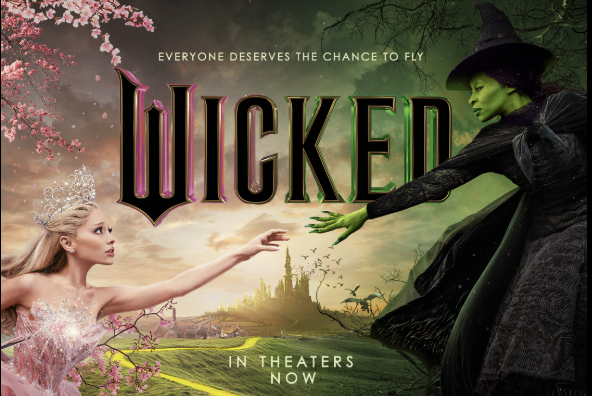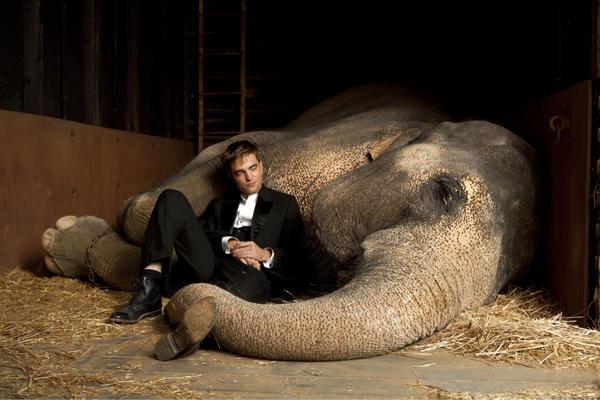Heavily advertised with shots of the beautiful Robert Pattinson and Reese Witherspoon, the opening scene of “Water For Elephants” takes a different approach, focusing on an old man who found his way to the circus and ends up telling his life story to the manager. This old man’s story is the extremely compelling tale of love and cruelty that is “Water for Elephants,” a film directed by Francis Lawrence and adapted from the original novel by Sara Guen.
The setting of “Water for Elephants,” a travelling circus in the early 1930s during the Great Depression and prohibition era, adds to the conflicts and complex relationships that arise throughout the film. This is partially due to the fact that the cinematography manages to capture life behind-the-scenes of a travelling circus, and completely engross the audience.
Reese Witherspoon fits the image of the desirable but untouchable Marlena, but does not come across as assertive and independent as Marlena is sometimes portrayed in the book. Not only is this a change from the book, but many of Reese’s past roles are confidant, and determined women (think “Legally Blonde”). Witherspoon puts a more caring and understanding touch on her character’s relationship with violent August.
While August, played by Austrian actor Christoph Waltz, might be the most hate-able character in the film, he is also the most interesting. His ability to change from the charismatic husband and ring-master to the envious, elephant abusing, psychopath is pure acting brilliance. The audience never knows when he might snap, and this is the cause of some interesting conflicts, namely between himself and Jacob Jankowski (Robert Pattinson, who fits the role of quietly determined and caring ex-college boy perfectly).
While the three main human actors put on quite a show, no one can steal the spotlight away from professional elephant actress Tai, who does exceptional as Rosie, the Polish-bred heroine. Many films that feature animals don’t pay much attention to the importance of their roles, but merely recognize their obedient abilities to sit still for a shot. Rosie, on the other hand, is a developed, compelling character that wins over the audiences heart within her first scene.
While many book to film adaptations fall short of readers’ expectations, “Water for Elephants” matches up to the national best-seller in its own unique way. While only one major character is left out, and the plot is sometimes skimmed over, the vivid imagery, consistent style, and thorough character and plot development brings the audience into the film and doesn’t release its grasp until after the suspenseful climax.










































